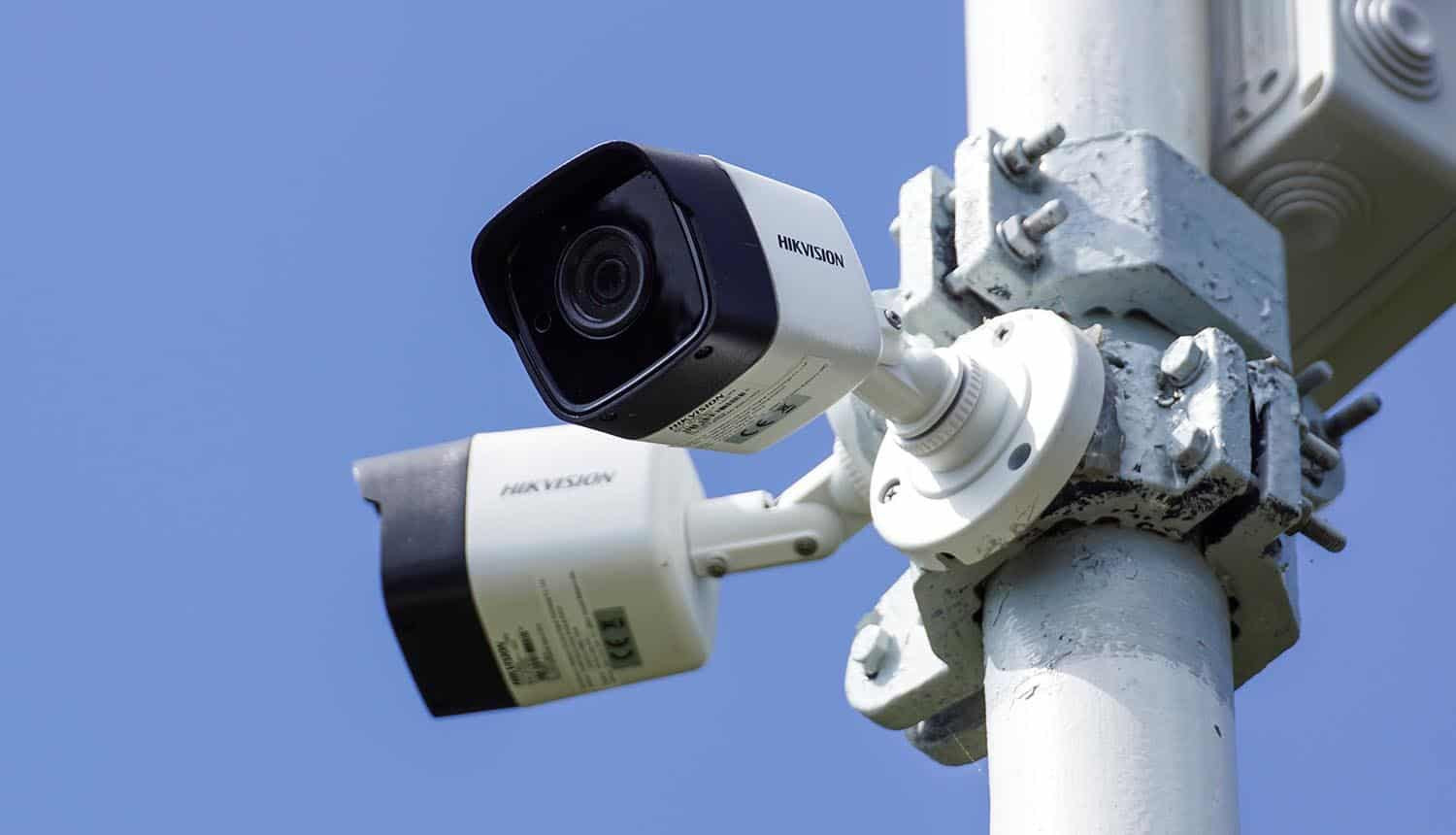
According to experts, next-generation camera products allow direct interactions with users via mobile apps, and the transactions are stored on the cloud.
The fact that information goes around the clouds of foreign manufacturers in other countries poses high risks for information security.
Some celebrities have recently complained that images of their private life have been posted on social networks, and experts say the information was leaked from their home surveillance cameras.
A representative of MobiFone said that sources that provide private information are usually cameras, which are used widely not only by households but also administrative agencies.
The problem is that more than 90 percent of the cameras are from China, and have codes in software synchronized with servers. Therefore, it is highly possible that private information may leak from the cameras.
Nguyen Tuan Anh, president of Lumi Vietnam, while confirming that many people have recently complained about image leakage, said users do not know how to protect their information.
In general, users hire workers to install cameras at their homes, and the third parties mostly just create accounts and set very simple passwords.
Clients use cameras after they are installed and do not change the default passwords set by the third parties.
In some cases, the information leakage has occurred with clients’ mobile phones. When they bring their mobile phones to have them repaired, or sell the phones to others, they forget to eliminate all the information on the phones.
Anh confirmed that most cameras available in the Vietnamese market are made in China. Some camera models operate under the cloud scheme, connecting with servers in China.
Chinese cameras are imported to Vietnam through both official and cross-border channels.
A senior executive of Viettel High Tech said that when information is sent via an intermediary unit and there is no security scheme, risks occur for users. Their private information may be made public when the transmission channels are blocked, or when servers are attacked. The personal information can be exploited without permission.
Next-generation cameras have microphones, headsets and image sensors, and can rotate 360 degrees. With connections with overseas servers, just a minor change in software will be enough to turn the cameras into a "big system of ears and eyes that serve reconnaissance purposes".
Cameras made in Vietnam
Experts say cameras are being used everywhere and becoming increasingly popular. Cameras are an important part of electronic government systems, digital administration, and smart cities, which help supervise transport and ensure social order and security.
Nguyen Minh Duc, CEO of Cyradar, said state agencies should be cautious when choosing cameras for use, and not use products that store information on manufacturers’ clouds to ensure information security.
Vietnam’s Law on Cybersecurity prevents storage of users’ data abroad.
BKAV Corporation believes that in order to ensure national security for the government and important fields, it is necessary to use Make in Vietnam products as they help secure information.
Some experts have proposed setting standards and regulations on cameras to assess product quality and safety. The standards must be applied to all camera products with different origins, including China and other countries.
Nguyen Trung Kien, CEO of Pavana, noted that many cameras and other electronic products are less competitive in price compared to Chinese products. However, he emphasized that Vietnam still needs to make these products to ensure security.
No Vietnamese business can say for sure that it can make products with lower prices and higher quality than Chinese products. Vietnamese brands and products are not yet strong enough to attract many clients. However, if Vietnamese businesses do not do anything, Vietnam will never have Make in Vietnam products, he said.
Doan Manh Ha from BKAV AI View said he was optimistic about making products in Vietnam. BKAV has already conducted R&D for AI-based cameras.
Trong Dat